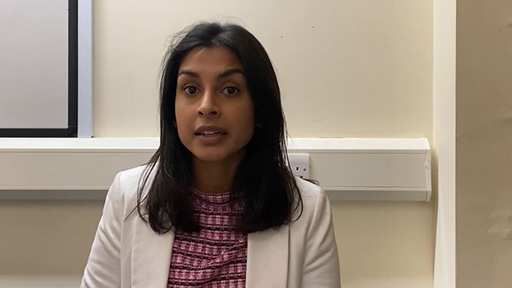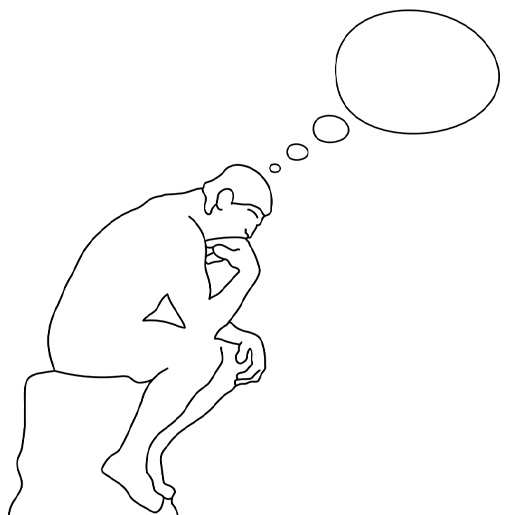3 Am I prepared to change?
Looking at things differently and being able to adopt different viewpoints are essential skills for anyone wishing to carry out research. You need to have an open mind when you set out on your enquiry, so that you are receptive to the ideas and opinions of the children, young people or adults you are working with. You may already have started to think about your own situation differently, as you worked through the activities in this course. You will probably find that you continue to adapt your point of view as you carry out the research itself. This can be a very positive experience.
Activity 3
Meera gives us a good example of this change of perception. How has her perspective of her role changed, or developed? Watch the short video clip, then try the activity which follows.

Transcript
Two lists follow, match one item from the first with one item from the second. Each item can only be matched once. There are 4 items in each list.
-
in a different light.
-
from the routine tasks of her job.
-
about the impact she is having.
-
is really enlightening.
Match each of the previous list items with an item from the following list:
a.She can think more deeply
b.She is able to step back
c.Seeing things from the students’ perspective
d.She views her practice
- 1 = d,
- 2 = b,
- 3 = a,
- 4 = c
In this video, you heard Meera using two key terms; she said it was important to be ‘reflective’ and ‘reflexive.’ What do these terms mean?
You might already have a clear picture of what it is to ‘reflect’ on something. This means that you look back at what you have been doing and think about it; how well did it go? The ability to reflect is vital when you are conducting a research project, so that you can evaluate how effective you are being, and learn as you progress.
Being reflexive means that you relate your reflection to what you are doing as a researcher, and evaluate how successful it has been. Would you change anything next time? Could you have done anything differently? It means continuously adopting a critical approach to your research. What is your own impact on your research? This, too, is a vital part of researching and it is an approach that can be adopted by adults and the children or young people with whom they are working.
Whether you will be working in a school environment or not, take a few moments now to consider how your own role may change or develop as you carry out your research.
Activity 4
How might my role change as I listen to, and adopt, the views of children and young people?

